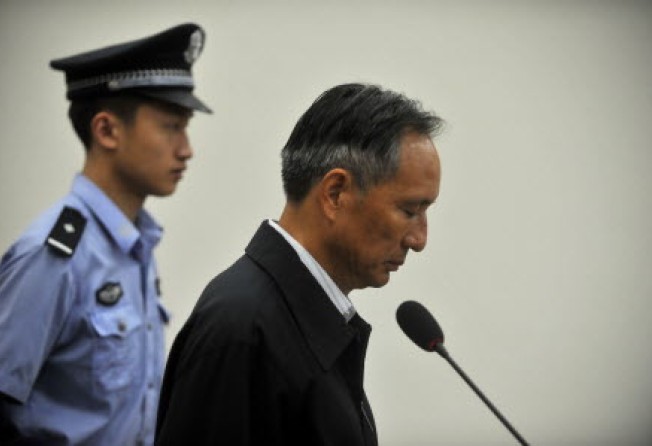Another rail official goes off the rails, with a new twist
What initially seemed like just another case of corruption tickles the public's fancy with details of academic intrigue

Perhaps it is not surprising that another corruption trial involving a former railways official failed to attract much media attention at first.
After all, we've seen so many officials from the now-defunct Railways Ministry tried lately. Charges that Zhang Shuguang , the agency's former deputy chief engineer and transport bureau chief, took 47 million yuan (HK$59 million) in bribes might not seem all that shocking.
Print option is available for subscribers only.
SUBSCRIBE NOW